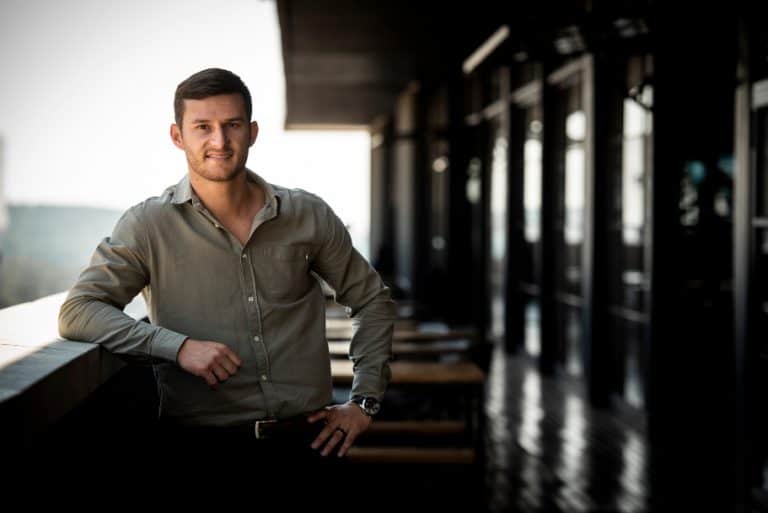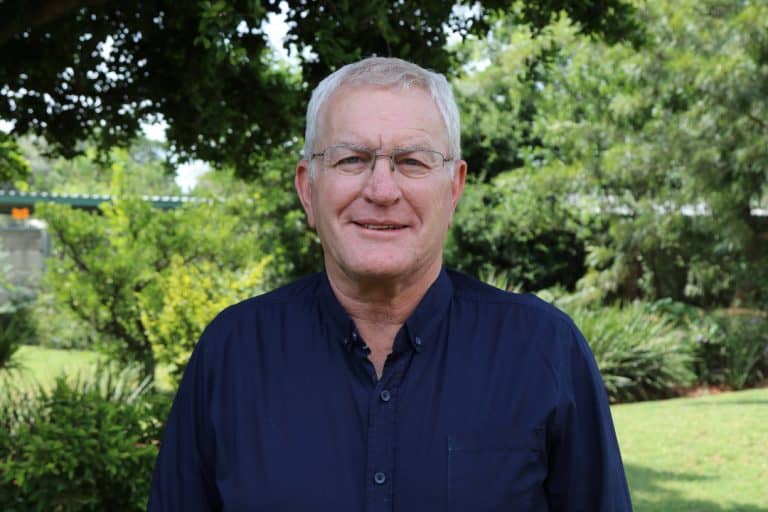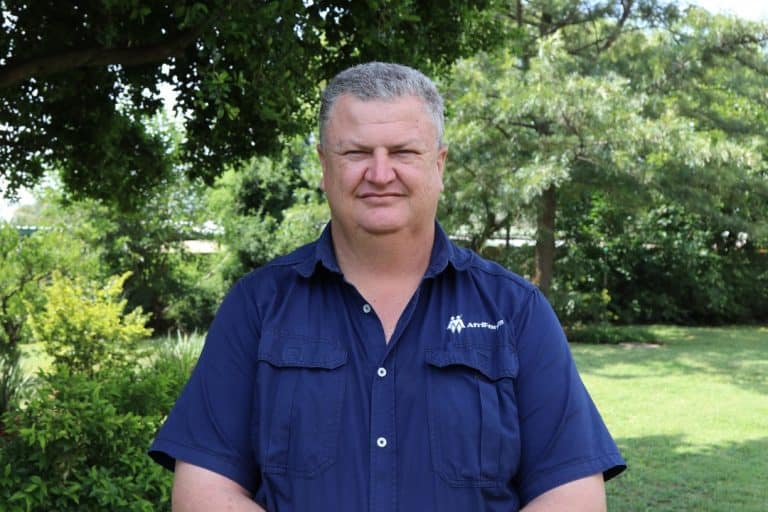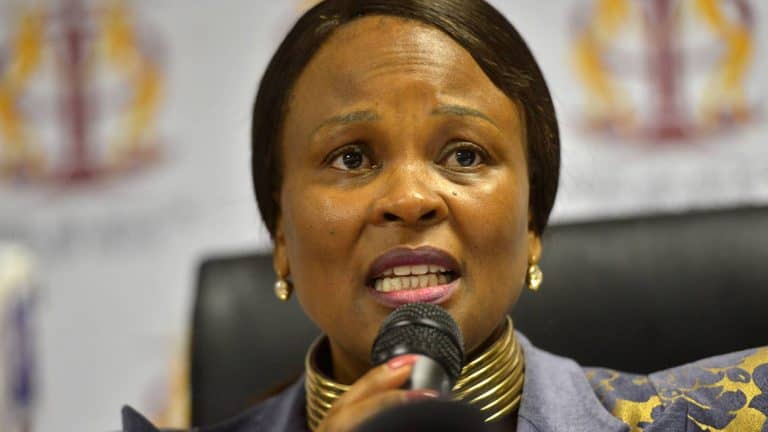Banning in the name of Mandela…
By Kallie Kriel, CEO of AfriForum
Former President Nelson Mandela is recognised all over the world for his role in the fight against apartheid. During the fight against apartheid, the then minority government was also sharply criticised for restricting civil freedoms and the state’s use of banning and censorship to muzzle the opponents of apartheid. An example of this is that the ANC and the SACP and their symbols were banned during the apartheid era. It therefore is a shocking irony that the Nelson Mandela Foundation, who pride themselves on acting as standard-bearers of Mandela’s legacy, are now using apartheid-style methods to curtail civil liberties and enforce banning and censorship on contemporary South Africa through the court case launched by them to ban the 1928 South African flag (better known as the old flag).
Apart from the danger implicit in curtailing civil freedoms, the intolerance underlying banning actions also lead to unacceptable levels of polarisation in the country. AfriForum has been and remains committed to building a society on the basis of mutual recognition and respect between communities. This desire is set our clearly in AfriForum’s Civil Rights Charter, which is available on AfriForum’s website.
Within the context of AfriForum’s desire for mutual recognition and respect between communities, AfriForum as early as 4 September 2018, in the run-up to the flag case in court, forwarded a letter to the Nelson Mandela Foundation warning against the polarising effect of a court case and requesting a dialogue to find an amicable solution to the dispute. The Nelson Mandela Foundation, however, replied that they “rejected” AfriForum’s request for a dialogue. In spite of this, after the court case the Foundation dishonestly alleged that AfriForum had declined efforts to conduct a dialogue. This while the opposite was true. Notwithstanding the lies of the Nelson Mandela Foundation, AfriForum remains committed to dialogue should the Foundation reconsider the foolish road chosen by them in rejecting dialogue.
Unlike efforts by ignorant critics to create the opposite impression, AfriForum does not use any flags at its meetings, and neither did the organisation use the old flag during the “black Monday” protest action. The journalist Nickolaus Bauer, who at the time falsely alleged that the old flag had been used, subsequently apologised for his misrepresentation.
AfriForum does not use the old flag, among other things because the organisation appreciates that there is a part of society who genuinely feel offended by the display of the flag. After all, it is senseless during meetings such as “black Monday” aimed at taking a stand against contemporary wrongdoings such as farm murders in the country, to involve symbols that offend some people and divert the attention from AfriForum’s desire to build a better and safe future. The Nelson Mandela Foundation’s banning case and their unsolicited action to involve AfriForum as respondent in the case therefore also were based on lies.
Having been involved in the case by the Nelson Mandela Foundation in a malicious way, AfriForum contended in court that communities, out of respect for one another, of their own accord and through dialogue should strive not to insult and offend one another. However, this approach definitely does not mean that anything that offends should be banned. People who may be highly satisfied with the banning of the old flag following the judgment in the flag case should realise what the consequences may be in future if someone feels offended by something else that is important to them. When the state is empowered to determine what is offensive and should be banned, we are moving in the direction of a police state where freedom of speech is curtailed even in your own home. In principle, therefore, it is important to fight against any politically driven ban, even though one realises that the price for doing so is high because the battles for freedom of speech, unfortunately, are fought inherently only about controversial matters.
AfriForum also supports the fact that no right, including the right to freedom of speech, is unlimited. However, the limitations on freedom of speech should be defined carefully to avoid these limitations being abused by a state to suppress the thoughts and ideas of people who differ from the authorities.
The South African Constitution indeed clearly defines the limitations on freedom of speech in section 16(2). This section clearly states that freedom of speech does not extend to propaganda for war, incitement of violence and advocacy of hatred that constitutes incitement to cause harm. Therefore, banning something that could offend, without there being a call to do harm to anyone, is not in line with the express provisions of the Constitution. Consequently, there are no constitutional grounds for the Nelson Mandela Foundation’s politically driven witch-hunt against Ernst Roets and their undemocratic onslaught on freedom of speech. AfriForum will rely, inter alia, on this constitutional provision to oppose in the courts the Nelson Mandela Foundation’s further attacks on freedom of speech.
The Nelson Mandela Foundation’s approach that hurtful pronouncements should be banned, even if they contain no incitement to cause harm, is problematic especially in view of the double standards applied by the Nelson Mandela Foundation itself and the governing elite when it comes to what is hurtful and what is not. Whereas the Foundation finds a flag hurtful, they have no problem with statements made by former President Mandela’s daughter, Zindzi Mandela, that white people are “thieves”, “cowards”, “rapists” and “unwelcome guests” in the country. Reacting to Zindzi’s hurtful pronouncements, the Nelson Mandela Foundation even went as far as to announce that they saw no reason even to talk to Zindzi about them. In doing so, they clearly demonstrated that they are not really committed to opposing all hurtful actions, but that they intend only to curtail the freedom of speech of people whose views differ from those of the Nelson Mandela Foundation and the governing elite.
AfriForum extends a hand of friendship to all in the country who, from inner conviction and through dialogue, wish to cooperate in promoting mutual recognition and respect between communities but also realise that bannings and curtailing civil freedoms do not serve the interests of anyone of us. The country cannot afford another censorship board, not even if such board is now functioning under the name of Nelson Mandela Foundation.








